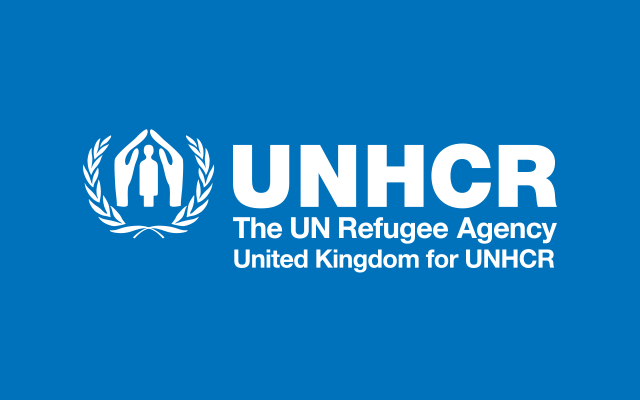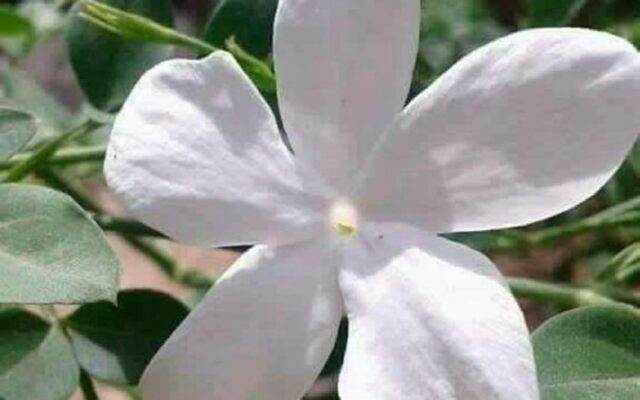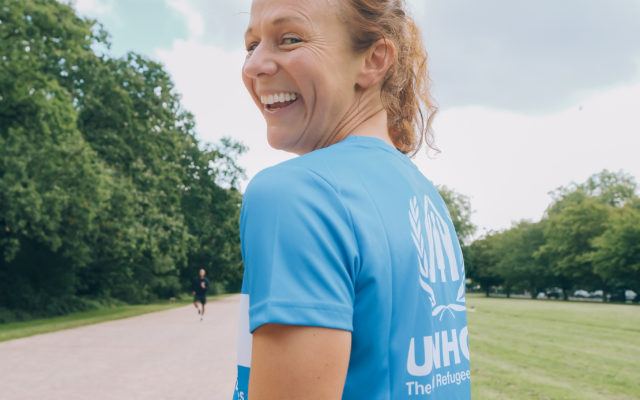Home is a very big word and so is Syria
Khaled reflects on what home means to him for Gallery of the (New) Home
20.06.2022
This Refugee Week we’re exploring what home means to different people. Everyone has a sense of what home means to them, whether it’s a place, an object or a person. We’re asking refugees and their friends, families and supporters to come together and share #WhatHomeMeans.
Khaled tells us more about his journey to the UK and what home means for him.
—
Home is a big word to describe; whenever someone says home, I remember the kindness and the warmth that is missing in some houses and countries. Home is the language, familiarity, friendships, traditions, joys, sorrows and family gatherings in Ramadan. I cannot think of a place to call home without imagining Syria with all the bittersweet memories.
I chose Al-Arada Al-Shamiya – a Syrian traditional costume – because whenever I wear it, I remember the ancient capital Damascus and my homeland before it was torn apart by the war. The fact that I could not carry the traditional costume with me from Syria breaks my heart, but I managed to buy it as soon as I settled in Exeter. Now, I make sure to wear it on every special occasion; I even wore it during the Platinum Jubilee celebrations, and I was delighted to answer people’s questions about it.
Al-Arada Al-Shamiya is also linked to celebrations; Syrians wear it to celebrate weddings, Eid and festivals. I don’t only wear it to show people my culture, which I am enormously proud of, but also to remind them that behind the war, there are people like me; people who used to have a place to call home, and they had to leave all their memories, friends, and families behind and start over. My traditional costume is a constant reminder of all the happy memories in Syria, all the laughs and festivities, and this is how I always want to remember it.
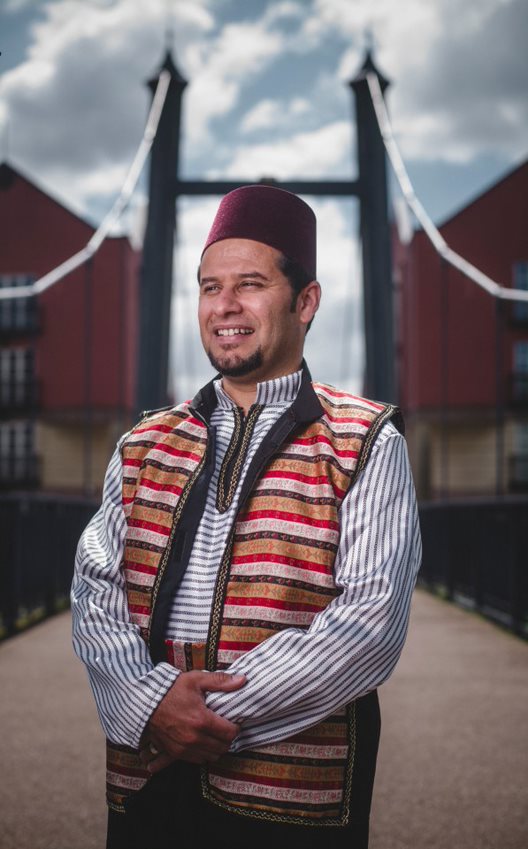
Khaled wearing Al-Arada Al-Shamiya (Steven Haywood Photography)
I think the most challenging part was overcoming the trauma and rebuilding my life from scratch all over again.
My family (wife and daughter) and I were granted asylum in the UK in 2017. When I moved here, I didn’t know anything about the country, and I didn’t even speak the language. I think the most challenging part was overcoming the trauma and rebuilding my life from scratch all over again.
I knew that coming and settling here would not be easy, that’s why I had a plan in mind. I needed to learn English to be able to communicate and integrate into the new community. Doing voluntary work has immensely helped me to achieve those goals; I’d volunteer to do anything from cutting the hair of homeless people to organizing various events.
I also volunteer to feed the hungry and people in need in my new hometown. I know what it feels like to experience long-term hunger, so I deeply empathize with whoever is in that situation. Their background, religion or colour doesn’t matter to me; helping one another is a humanitarian act and my principles and religion encourage me to lend a hand to those in need.
Feeding the hungry has inspired me to start my own business “Khaled’s Taste of Syria”. I’m hoping to raise money in order to buy an eco-friendly food truck so I can cook, sell and celebrate Syrian food at affordable prices. Also, I’ll continue to provide free meals for the homeless and people who can’t afford to eat in my area. In the future, I’m hoping to broaden my brand “Khaled’s Taste of Syria” and own a restaurant to celebrate my Syrian culture through food, music and décor.
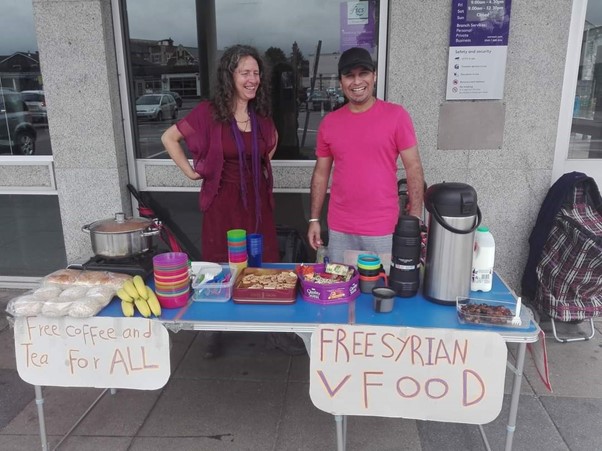
Khaled distributing free food in the streets
Some people think that we “chose” to be refugees and come here, but they should understand that we didn’t really have a choice. No one really chooses to be a refugee; we were forced to leave all that we knew behind and flee. It’s not just about starting a whole new life in a new country but it’s about the trauma that we must overcome alone because most of us have no support system around.
On World Refugee Day, I want to encourage other refugees to go out, volunteer and integrate into their communities. I personally know how intimidating and scary that could be, especially if you don’t speak the language. It’s very hard to heal from the trauma and overcome the cultural shock, but you don’t want to isolate yourselves from society.
My message is to have empathy toward refugees and be kind to them.
My message to everyone else is to have empathy toward refugees and be kind to them. You don’t have to help them if you don’t want to but at least don’t make their lives harder because they have already been through a lot; they’re far away from their homes, families, and friends. If you don’t want to help, you could at least smile at them. It’s a nice thing to do, plus it’s good exercise for your face.
—
We’d love for you to share what home means to you. Please submit your image and story via our website here.
If you want to support Khaled to start his business “Khaled’s Taste of Syria” and get his eco-friendly food truck, please visit his Crowdfunder.


